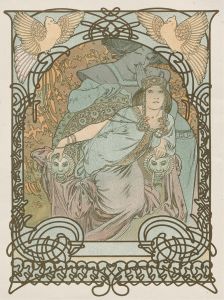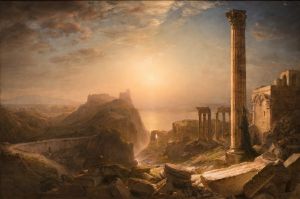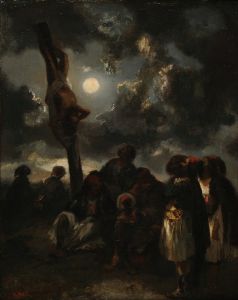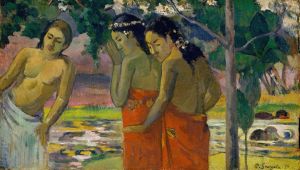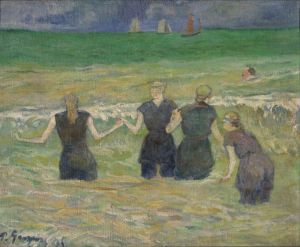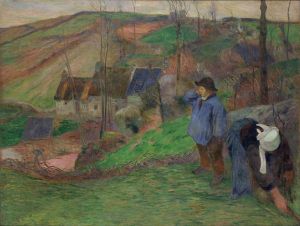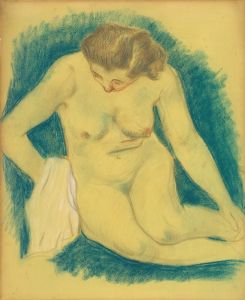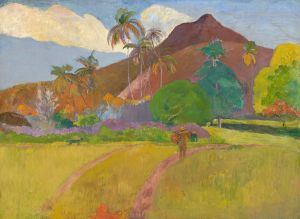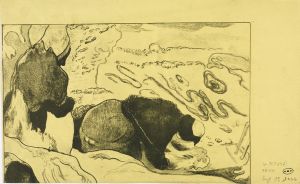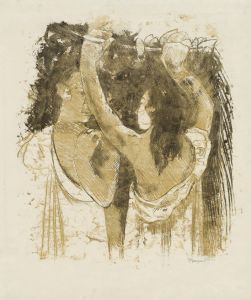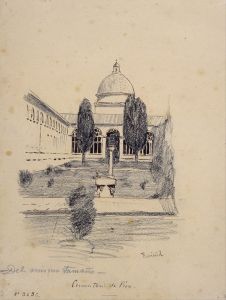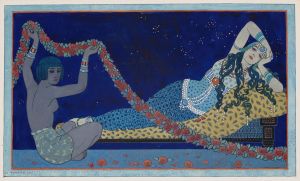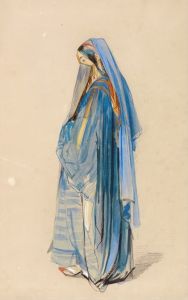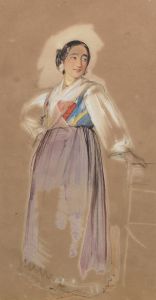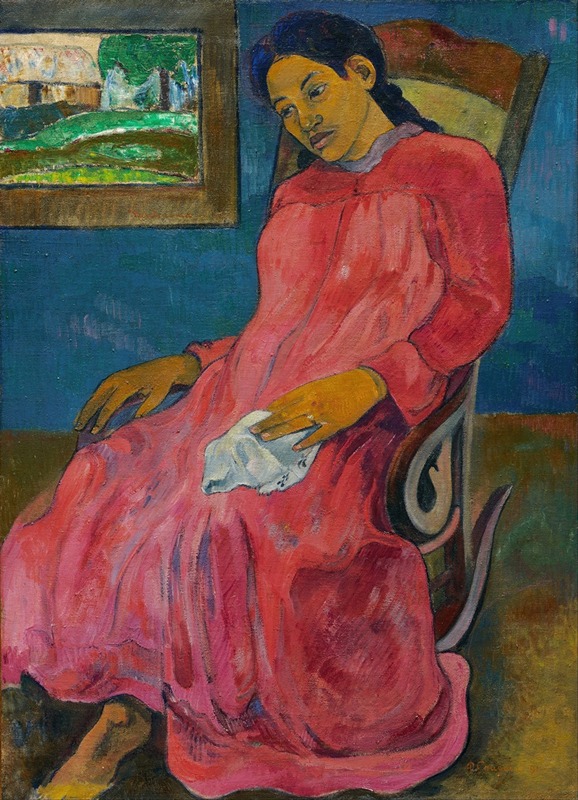
Faaturuma
A hand-painted replica of Paul Gauguin’s masterpiece Faaturuma, meticulously crafted by professional artists to capture the true essence of the original. Each piece is created with museum-quality canvas and rare mineral pigments, carefully painted by experienced artists with delicate brushstrokes and rich, layered colors to perfectly recreate the texture of the original artwork. Unlike machine-printed reproductions, this hand-painted version brings the painting to life, infused with the artist’s emotions and skill in every stroke. Whether for personal collection or home decoration, it instantly elevates the artistic atmosphere of any space.
Faaturuma (also known as Melancholic) is an 1891 oil painting by the French Post-Impressionist artist Paul Gauguin. The artwork was created during Gauguin's first trip to Tahiti, a period that marked a significant shift in his artistic style and subject matter. Seeking inspiration and a break from European conventions, Gauguin traveled to the South Pacific, where he immersed himself in the local culture and landscapes. His works from this period often depict Tahitian people, their customs, and the natural environment, reflecting his fascination with what he perceived as a more "primitive" and unspoiled way of life.
The painting portrays a seated Tahitian woman, dressed in a traditional pareo (a type of wraparound garment), with her head resting on her hand in a contemplative or melancholic pose. The title Faaturuma translates to "Melancholic" in Tahitian, emphasizing the introspective mood of the subject. The woman is depicted against a simple background, with muted tones and minimal detail, drawing attention to her expression and body language. Gauguin's use of bold colors and simplified forms reflects his departure from European realism and his embrace of a more symbolic and emotive approach to art.
Faaturuma is notable for its blend of cultural elements and Gauguin's distinctive style. While the painting captures a moment of quiet introspection, it also reflects Gauguin's broader interest in exploring themes of identity, emotion, and the human condition. The work exemplifies his attempt to convey the spiritual and emotional essence of his subjects, rather than merely their physical appearance.
Today, Faaturuma is housed in the Worcester Art Museum in Worcester, Massachusetts. It is considered an important example of Gauguin's Tahitian period and a testament to his innovative approach to art. The painting continues to be studied and admired for its aesthetic qualities and its role in Gauguin's artistic journey.





